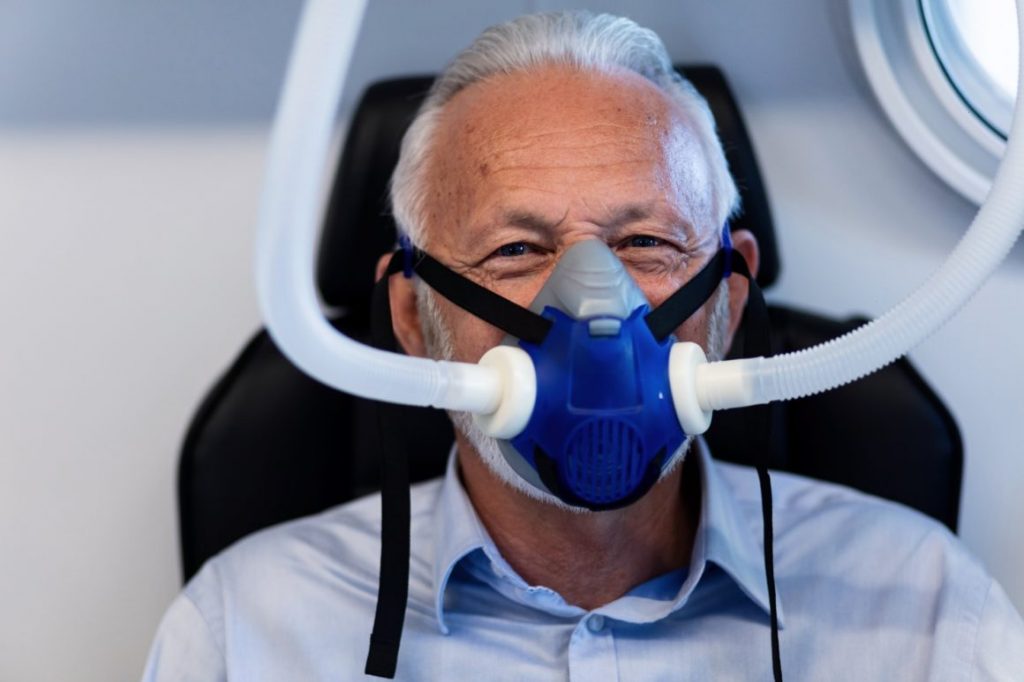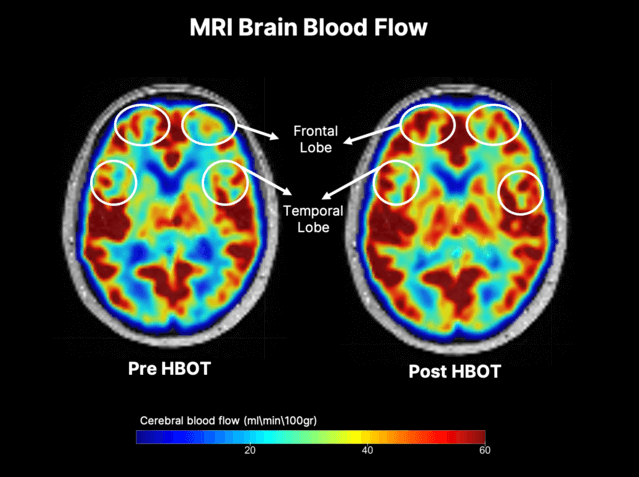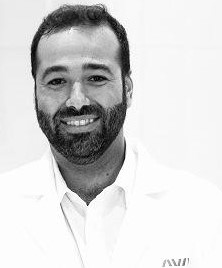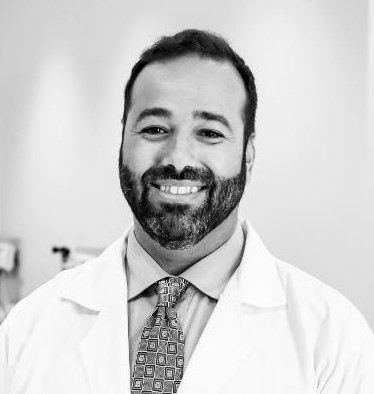
New Study Shows Hyperbaric Oxygen Therapy May Induce Cognitive Improvements

In the past hundred years, life expectancy has risen from 55 to 80. Scientific advancements like innovative drug therapies, medical devices, and modern diagnostic and treatment methods have all played a role in this. While lifespan has increased substantially, our ‘healthspan’ has not improved as rapidly, in particular when it comes to brain health.
Our lifestyle, specifically diet, physical and mental exercise, has long been recognized to impact cognitive function, especially as we get older. Foods, fitness machines and mobile apps abound, explicitly aimed at helping older generations retain their youth. However, drugs and other therapies to significantly fight age-linked cognitive decline have so far proved elusive.
A recently published study has shown that an innovative and unique Hyperbaric Oxygen Therapy (HBOT) protocol is emerging as an essential therapy for reversing an age-related decline in cognitive function.
HBOT for Enhancing Brain Function
Dr Shai Efrati, Dr Amir Hadanny, and a team at the Sagol Center for Hyperbaric Medicine and Research at Shamir Medical Center, led a new study published in the peer-reviewed journal Aging. This research demonstrated the benefits of the unique HBOT protocol developed at the Shamir Medical Center.
The study was a collaboration between the Sackler School of Medicine and Sagol School of Neuroscience at Tel Aviv University.
The study was the first randomized, controlled clinical trial exploring the effect of HBOT on cognitive functions in healthy aging adults. It revealed that HBOT was especially beneficial for the participants in improving comprehensive cognitive functions: attention, information processing speed, and executive function.

HBOT is emerging as an essential therapy in reversing an age-related decline in cognitive function.
HBOT’s Role in Reversing Age-Related Cognitive Decline
Dr Efrati issued a statement marking the publication of the study, in which he underlines the consequences and concerns related to the decline in cognitive and functional ability in highly developed societies:
“Major research efforts around the world are focused on improving the cognitive performance of the so-called ‘normal’ ageing population,” Dr Efrati said. “In our study, for the first time in humans, we have found an effective and safe medical intervention that can address this unwanted consequence of our age-related deterioration.”
Dr Hadanny added that the treatment has now been in use for several years, and scientists have begun to comprehend how brain function can be restored with HBOT.
“In the past, we have demonstrated HBOT’s potential to improve/treat brain injuries such as stroke, traumatic brain injury and anoxic brain injury (due to sustained lack of oxygen supply) by increasing brain blood flow and metabolism,” Dr Hadanny concluded: “This landmark research could have a far-reaching impact on the way we view the ageing process and the ability to treat its symptoms.”
Mechanism of Hyperbaric Oxygen Therapy
Though the brain accounts for only 2% of body mass, it utilizes over 20% of an individual’s oxygen intake. Physical and cognitive decline can often be ascribed to a decrease in the efficiency of oxygen processing associated with aging.
The HBOT protocol targets this problem by placing patients in a pressurized hyperbaric suite, where patients breathe 100% oxygen. This raises oxygen in the body tissue by between 10 to 15 times above normal. Oxygen levels are then fluctuated in this unique protocol, which the research team says leads to the release of growth factors and stem cells that promote healing.
Conclusions on Oxygen and Brain Function
The study enrolled sixty-three healthy, vigorous adults who were subjected to HBOT for two hours a day, five days a week, for three months. Their cognitive function was measured using a comprehensive series of computerized cognitive appraisals. Cerebral blood flow was quantified by using a magnetic resonance imaging technique that observes the journey blood takes through the organs and tissues, known as brain perfusion.

Amongst the essential conclusions of the analysis was the correlation between the above-noted improvements and cerebral blood flow to different areas of the brain.
The study bolsters the current data regarding the efficacy of HBOT in generating brain function. Noticeably, the combination of pure oxygen and higher pressure led to increases in tissue oxygenation while simultaneously focusing on pressure-sensitive genes. Combined, these enhanced and restored tissue metabolism. This was the first time that such benefits had been observed in healthy patients, as previous studies had focused on patients with cerebral impairments due to a range of conditions.
HBOT and Reversal of Cognitive Decline in Aging
Amplified blood flow to the brain preceded the noted improvements in the participants’ attention and cognitive processing speeds. HBOT enhanced cerebral blood flow and regenerated brain cells and blood vessels in individuals with no brain damage. Previous studies had concentrated on the benefits to patients with post-stroke, traumatic, and anoxic brain injury
These improvements in overall cognitive function were still observable six months after treatment. Dr. Efrati, writing in Psychology Today, proposed that the technique might even reverse damage to brain tissue. He further noted that this would be the first time an effective medical intervention had been observed to reverse age-related cognitive decline.
“Most drugs and interventions are at best slowing the expected decline,” he said. “For the first time in humans, we have discovered a way to regenerate the ageing brain — as can be seen by brain MRI — and enable us to gain back the cognitive function of our younger selves.”
Aviv Clinics in central Florida is now using this research-based protocol. To learn more and discover if the personalized Aviv Medical Program is right for you contact the clinic:
Aviv Medical Program provides you with a unique opportunity to invest in your health while you age



